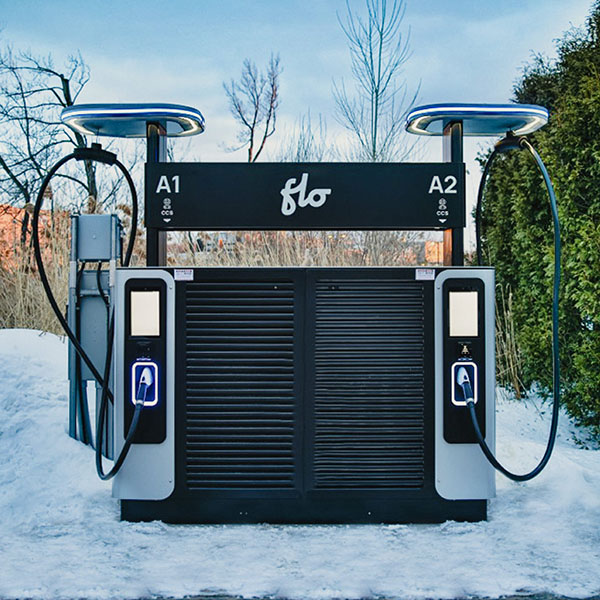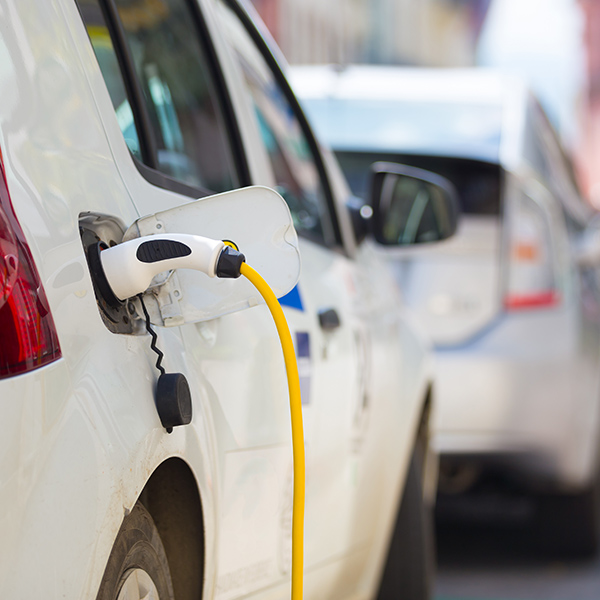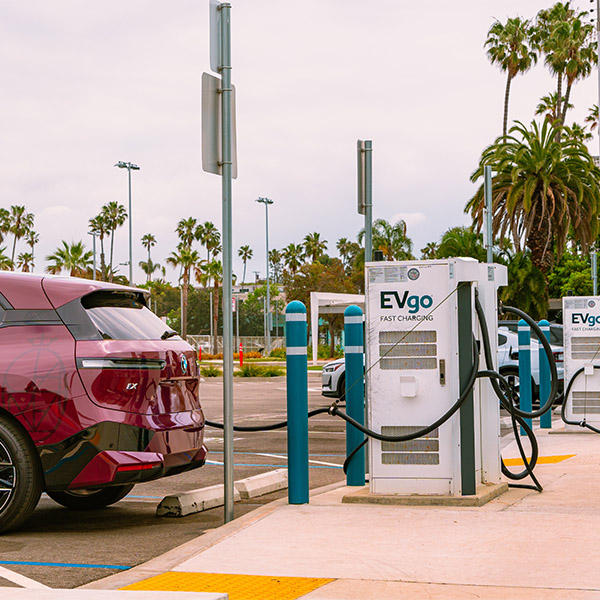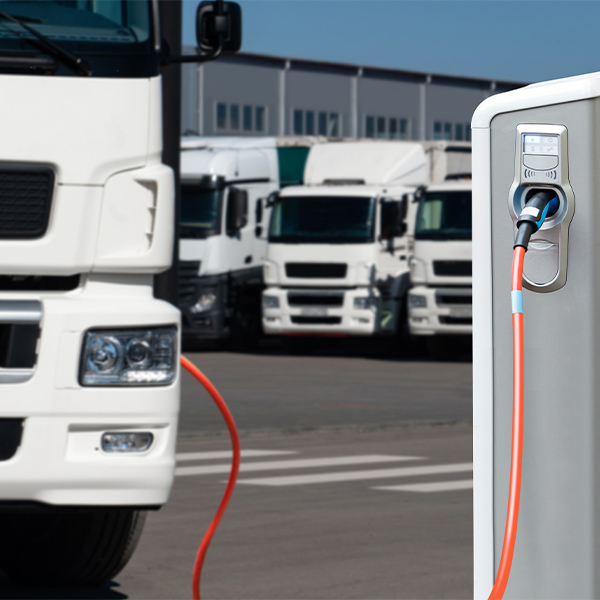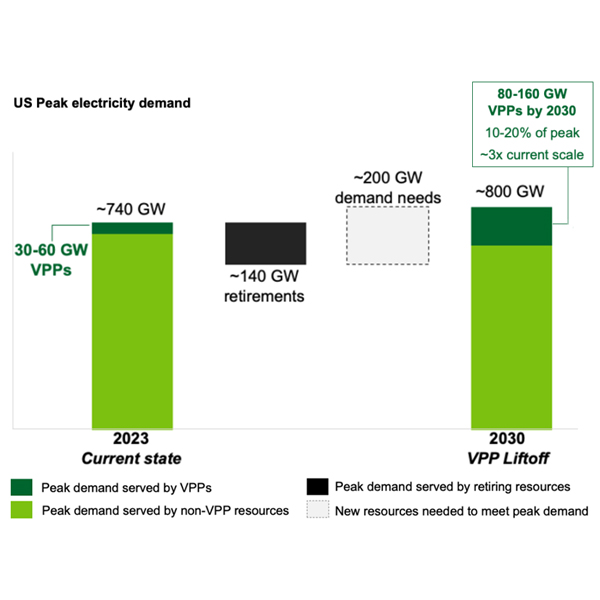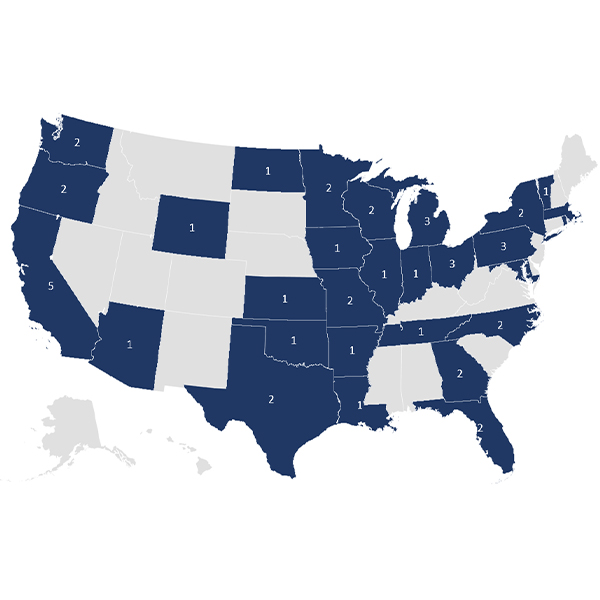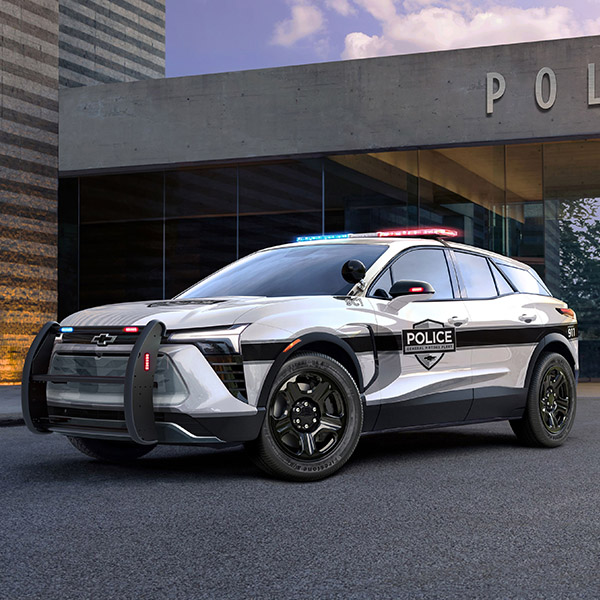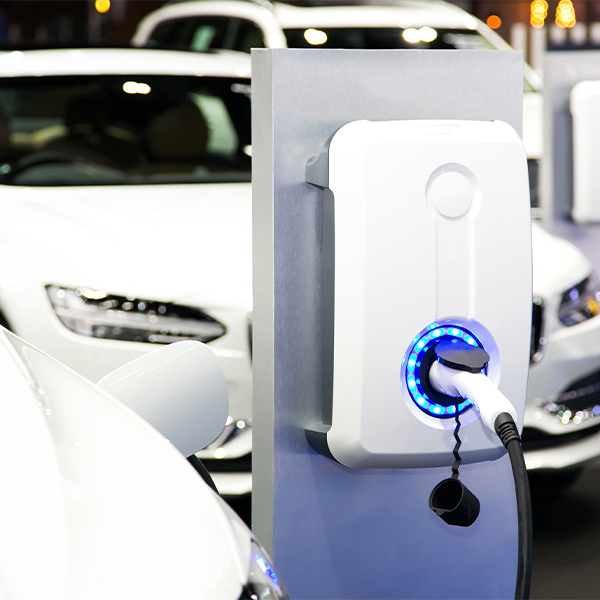EV chargers
Sixteen states and the District of Columbia sued the Trump administration in an effort to recover billions of dollars in funding for EV charging infrastructure.
The grants represent the second round of funding from the IIJA’s $2.5 billion Charging and Fueling Infrastructure program.
California regulators approved a $95.2 million funding plan for zero-emission vehicle charging infrastructure, with nearly equal amounts going to charging for passenger vehicles and medium- and heavy-duty trucks.
The New Jersey Board of Public Utilities adopted minimum filing requirements that allow utilities to propose programs to promote the development of medium- and heavy-duty electric vehicle chargers.
The Clean Corridor Project will install 167 medium- and heavy-duty truck charging ports on the New Jersey Turnpike and could help alleviate trucker concerns about range.
Virtual power plants could provide the same dispatchability and reliability as traditional centralized power plants, allowing customers to cut energy bills and emissions.
The Federal Highway Administration’s CFI grants are spread across 29 states, the District of Columbia and eight tribal communities.
New Jersey’s Board of Public Utilities awarded $3.4 million in grants to 18 proposals under a new program designed to help municipalities implement clean energy projects.
New Jersey last year put an additional 62,426 new EVs on the road, a 68% increase over 2022, which has prompted some advocates to suggest the state is in reach of its goal of having 330,000 EVs in the state by 2025.
DOE initiatives aimed at expanding EV charging networks have become more urgent as the November election looms and growth in EV sales has slowed.
Want more? Advanced Search
